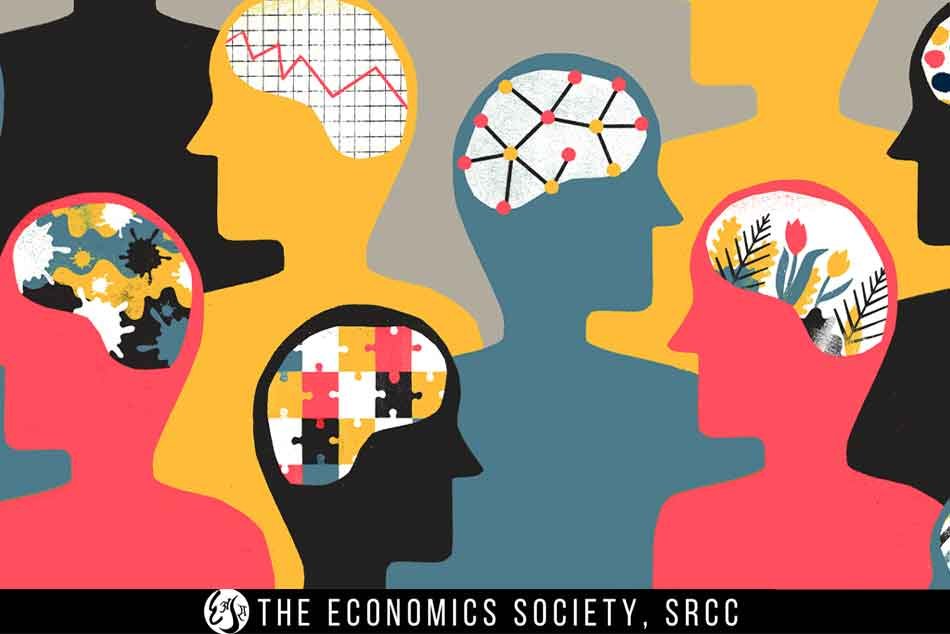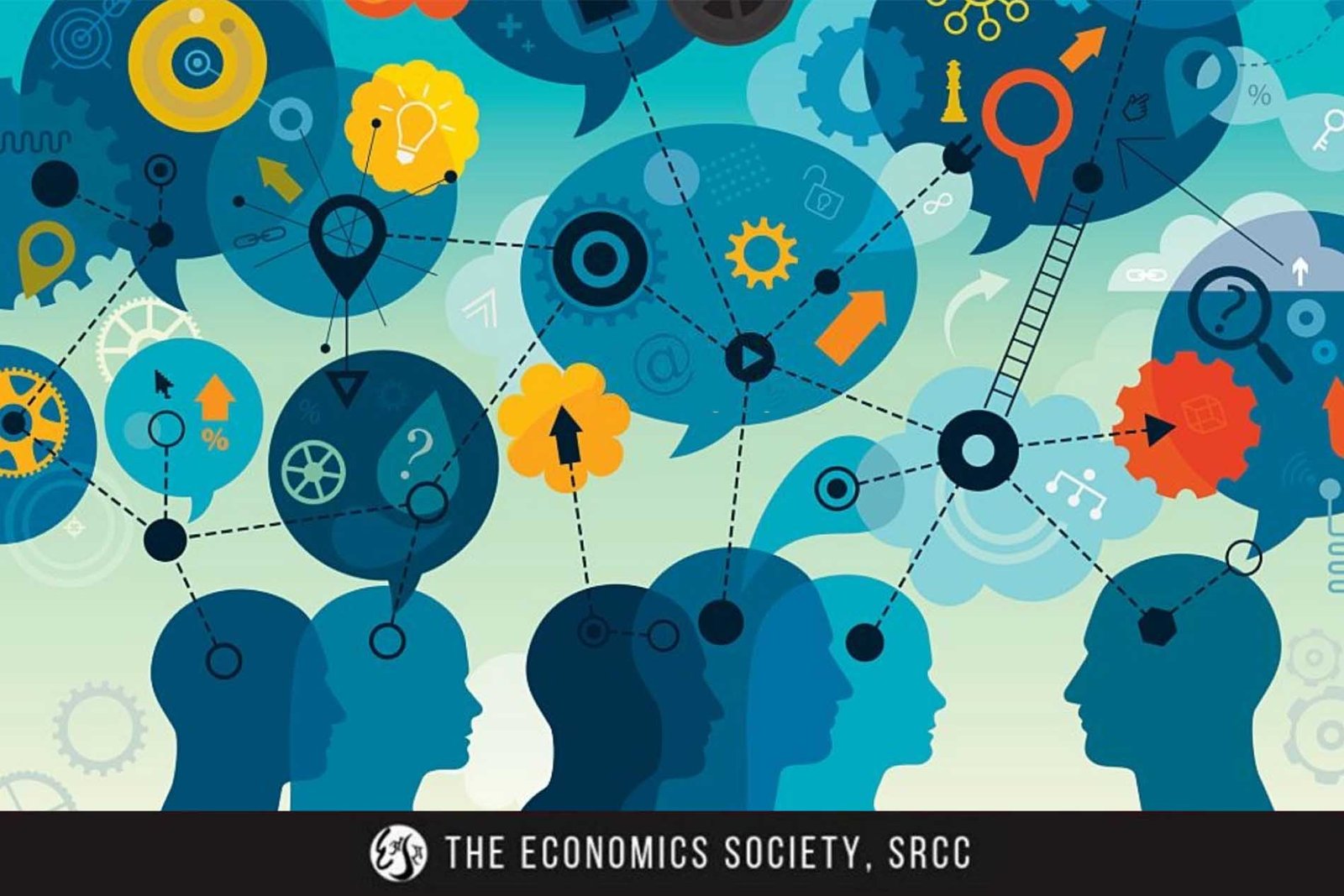
Medics v/s Marxists on Mental Health

There are numerous mental health songs. I have particularly loved listening to a nice mental illness song of hope, titled Brave, by the Canadian songwriter and vocalist Michael Kisur. You can listen to it on Youtube or visit https://soundcloud.com/michael-kisur/ brave for a free MP3. Everybody knows—like Leonard Cohen’s ‘Everybody Knows’ song—that a mental-health crisis is sweeping the globe. There is a worldwide outbreak of mental health pandemic, especially amidst the already devastating COVID-19 pandemic. There is widespread psychological illfare in terms of fear, insecurity, anxiety, social isolation (loneliness), distress, misery, depression, schizophrenia, dementia, thoughts of suicide, etc. The medics offer biological explanations—largely unsupported—in terms of the theory of chemical imbalances in the brain or genetic abnormalities.
Their diagnoses begin and end with the individual concerned. Regular meetings with a therapist, medication, adjustments in lifestyle, changing one’s mindset are prescribed to fix the problem. But mental health goes for a six under capitalism, according to the Marxists. It is not we who are sick. It is the entire society incompatible with humanity’s personal and social needs that is sick. There exists intimate relationship between poor mental health and capitalism as a social, political and economic organisation of society. Under capitalism, “The privatisation of stress is a perfect capture system, elegant in its brutal efficiency. Capital makes the worker ill, and then multinational pharmaceutical companies sell them drugs to make them better. The social and political causation of distress is neatly sidestepped at the same time as discontent is individualised and interiorised.” Medicalization of the psyche does not find the root causes of mental disorders in fear of failure or losing job, unemployment; financial misery due to modern-day capitalism with its unshakable faith in deregulated markets, privatisation of the public sphere and austerity budgets; internalisation of the materialistic ethos of corporate culture; imbibing careerist mentality modelling itself after the capitalist firm with traits like manipulativeness, shallow affect, lack of long-term goals, aversion to responsibility; modernity accompanied by an inescapable feeling of general emptiness, isolation and lack of meaning at work; and the philosophical belief underscoring neoliberalism that self-interest and competition, not cooperation should pervade every aspect of our lives with the most disturbing message haunting us that ‘you are on your own’.
Under monopoly capitalism, work is a pleasure only for a fortunate minority, while for the majority it is a thoroughly unsatisfactory experience. There is widespread dissatisfaction with the way work is organised under capitalism. It is not a creative experience for almost all the workforce. It provokes general unhappiness, dissatisfaction and despondency which in turn leads to mental disorders like stress, anxiety, and depression. Attempting to avoid work at all costs, leisure frequently fails to offer any consolation, as it is also rendered meaningless. Rather than being an opportunity to fulfil passions, leisure has become largely synonymous with loneliness and idleness. The desire to do nothing is reflected in popular culture, with books, television, and films inducing a state of passive enjoyment rather than demanding intellectual energies. The purpose of both work and leisure largely coalesces around increasing consumption. No longer consumed for their use, consumer goods have become established markers of social prestige, with consumption as a means to express an individual’s social position.
Consumerism, however, ultimately breeds dissatisfaction as the desire to substitute old products for new ones turns maintaining one’s position in society into a relentless pursuit of an unobtainable standard. The result is a society characterized by emptiness and degradation leading to the spread of increasingly severe psychic disorders. Marxist psychoanalysis posits a theory of human nature as follows. An individual’s consciousness is shaped by the organisation of capitalism, with unconscious drives repressed or directed toward acceptable social behaviour. People are estranged or alienated from both themselves and the world around them, including fellow humans. Individuals are separated from their essence as a consequence of their existence. They are divorced from their true nature. An individual’s most significant drives governing his nature are no longer rooted in biology, but in the human condition which is a composite of five central drives. The first is relatedness. Aware of being alone in the world, humans strenuously endeavor to establish ties of unity. Without this, it is intolerable to exist as an individual.
Second, the dominance of humans over nature allows for an easier satisfaction of biological needs and for the emergence of human aptitudes, contributing to the development of creativity. Humans developed the ability to express a creative intelligence, transforming this into a core human characteristic that requires fulfillment. Third, humans, psychologically, require rootedness and a sense of belonging. With birth severing ties of natural belonging, individuals constantly pursue rootedness to feel at one with the world. A genuine sense of belonging could only be achieved in a society built on solidarity. Fourth, humans crucially desire and develop a sense of identity. All individuals must establish a sense of self and an awareness of being a specific person. Fifth, it is psychologically necessary for humans to develop a framework through which to make sense of the world and their own experiences. The satisfaction of all these drives is essential for optimum mental well-being, which is conspicuous by its absence under capitalism.
And so, little wonder that we have various mental illnesses as epidemics or pandemics. In India, social conditioning of mental disorders is somewhat explicitly recognised but solutions remain predominantly medicalized. Psychiatry has become a capitalist business, like everywhere. In light of all this, a safe conclusion is that while not denying the existence of biological causes, the structural organization of society must be recognized as having serious repercussions on people’s mental health. Monopoly capitalism functions to prevent many from experiencing mental well-being. Yet, despite this, the medical model continues to dominate, reinforcing an individualistic conception of mental health and obscuring the detrimental effects of the present mode of production. This oppresses users of mental-health services by subordinating them to the judgment of medical professionals.
The medical model also encourages the suspension and curtailment of individuals’ civil rights if they experience mental distress, including by legitimizing the infringement of their voluntary action and excluding them from decision-making. For those who suffer mental distress, life under capitalism is frequently characterized by oppression and discrimination. Aware of their oppressed status, users and survivors of mental-health services as, for example, in Britain, are now challenging the ideological dominance of the medical model and its obfuscation of capitalism’s psychological impact. Furthermore, they are increasingly coalescing around and putting forward as an alternative the need to accept the Marxist-inspired social model of mental health. The social model of disability identifies capitalism as instrumental to the construction of the category of disability, defined as impairments that exclude people from the labour market. Adopting a broadly materialist perspective, a social model of mental health addresses material disadvantage, oppression, and political exclusion as significant causes of mental illness. The activist implication of the Marxist social model is crystal clear: confront and defeat capital, the cancer that has poisoned modernity.
Annavajhula J.C. Bose,
PhD Department of Economics, SRCC
References
David Matthews. 2019. Capitalism and Mental Health. Monthly Review. January 1.
Jimmy Wu. 2019. Capitalism is Dangerous for Your Mental Health, in https://medium.com/reason-in-revolt, January 10.
NIMHANS. 2016. National Mental Health Survey of India, 2015-16. Summary.
Ronald W. Pies. 2020. Is the Country Experiencing a Mental Health Pandemic? Psychiatric Times.
October 13.


